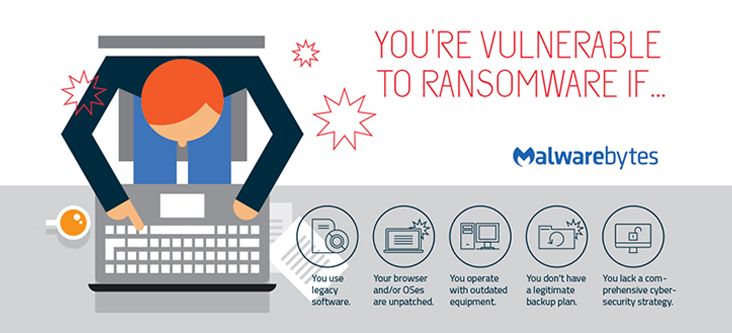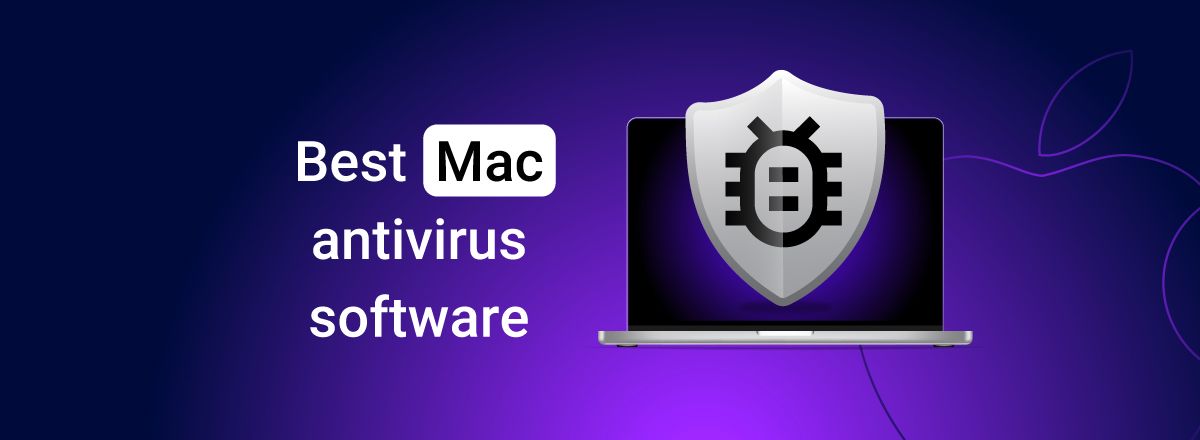
How to Protect Your Business from Ransomware Attacks
- 0
Ransomware attacks have become increasingly prevalent in recent years, causing significant damage to businesses of all sizes. These malicious software programs encrypt your files and demand payment in exchange for the decryption key, putting your sensitive data at risk. To protect your business from ransomware attacks, it is essential to implement a comprehensive cybersecurity strategy that includes both preventative measures and response plans. In this article, we will explore some effective strategies for safeguarding your business against ransomware attacks.
Keep Your Software Up to Date
One of the most common ways that ransomware infiltrates a system is through outdated software vulnerabilities. Hackers exploit these vulnerabilities to gain access to your network and deploy ransomware. To mitigate this risk, make sure to regularly update all software and operating systems on your company’s devices. Enable automatic updates whenever possible to ensure that you are always running the latest, most secure versions of your software.
Train Your Employees
Employees are often the weakest link in a company’s cybersecurity defenses. Phishing emails, malicious attachments, and social engineering tactics are commonly used by hackers to trick employees into downloading ransomware or revealing sensitive information. To prevent this, provide comprehensive cybersecurity training to all employees. Teach them how to recognize and avoid potential threats, such as suspicious emails or links, and the importance of strong password practices.
Implement Multi-Factor Authentication
Multi-factor authentication (MFA) adds an extra layer of security to your company’s login process, making it more difficult for hackers to gain unauthorized access. In addition to a password, users are required to provide a second form of verification, such as a code sent to their mobile device. By implementing MFA, you can significantly reduce the risk of ransomware attacks and other security breaches.
Backup Your Data Regularly
Regular data backups are essential for protecting your business from ransomware attacks. In the event that your files are encrypted by ransomware, having backup copies of your data allows you to restore your system to a previous, unaffected state. Make sure to store backups on a separate, secure server or cloud storage provider to prevent them from being compromised in a ransomware attack.
Use Endpoint Protection
Endpoint protection solutions are designed to secure individual devices, such as laptops, desktops, and mobile devices, from malware and ransomware attacks. These tools provide real-time threat detection and response capabilities to help prevent ransomware from infecting your company’s devices. Choose a reputable endpoint protection solution and regularly update it to ensure that your devices are fully protected.
Create an Incident Response Plan
Despite your best efforts, there is always a possibility that your business could fall victim to a ransomware attack. To minimize the impact of such an incident, create an incident response plan that outlines the steps you will take in the event of a ransomware attack. This plan should include procedures for isolating infected devices, notifying relevant stakeholders, and communicating with law enforcement, if necessary.
Conclusion
Ransomware attacks pose a serious threat to businesses of all sizes, but by implementing the strategies outlined in this article, you can significantly reduce the risk of falling victim to such attacks. Keeping your software up to date, training your employees, implementing multi-factor authentication, backing up your data regularly, using endpoint protection, and creating an incident response plan are all critical components of a comprehensive cybersecurity strategy. By taking proactive steps to protect your business from ransomware attacks, you can safeguard your sensitive data and maintain the trust of your customers and stakeholders.

